MD029 Heat-labile Uracil-DNA Glycosylase
A heat-labile Uracil-DNA Glycosylase (UDG) that removes uracil from uracil-containing DNA.
Product Descriptions
Uracil-DNA Glycosylase (UDG) catalyzes hydrolysis of N-glycosidic bond between uracil and sugar groups in uracil-containing single or double-stranded DNA, leaving an apyrimidinic site (AP) in the DNA strand. This Heat-labile UDG is less active on double-stranded than single-stranded DNA and not active on RNA or uracil-free DNA. This Heat-labile UDG is active in the presence of Mg2+ or EDTA. However, the presence of glycerol, high Mg2+ or high ionic strength can reduce enzymatic activity. This recombinant Heat-sensitive UDG enzyme is expressed in and purified from an E. coli strain that carries the UDG gene derived from BMTU 3346. Heat-labile UDG can be heat inactivated faster (2 min at 95°C) than the UDG enzyme from E. coli (10 min at 95°C). In RT-qPCR assays, the enzyme can be heat inactivated at 55℃ for 10 minutes.
Applications
PCR carry-over contamination control.
Site-specific mutagenesis.
PCR product cloning.
Unit Definition
One unit of activity (U) is defined as the amount of heat-sensitive UDG enzyme required to cause 1.8 nmol of uracil to be released from dU-containing double-stranded DNA at 37°C for 30 min.
-
QA
Join us for a better future of IVD.
If you have any question or need any support, please fill out the information below.





